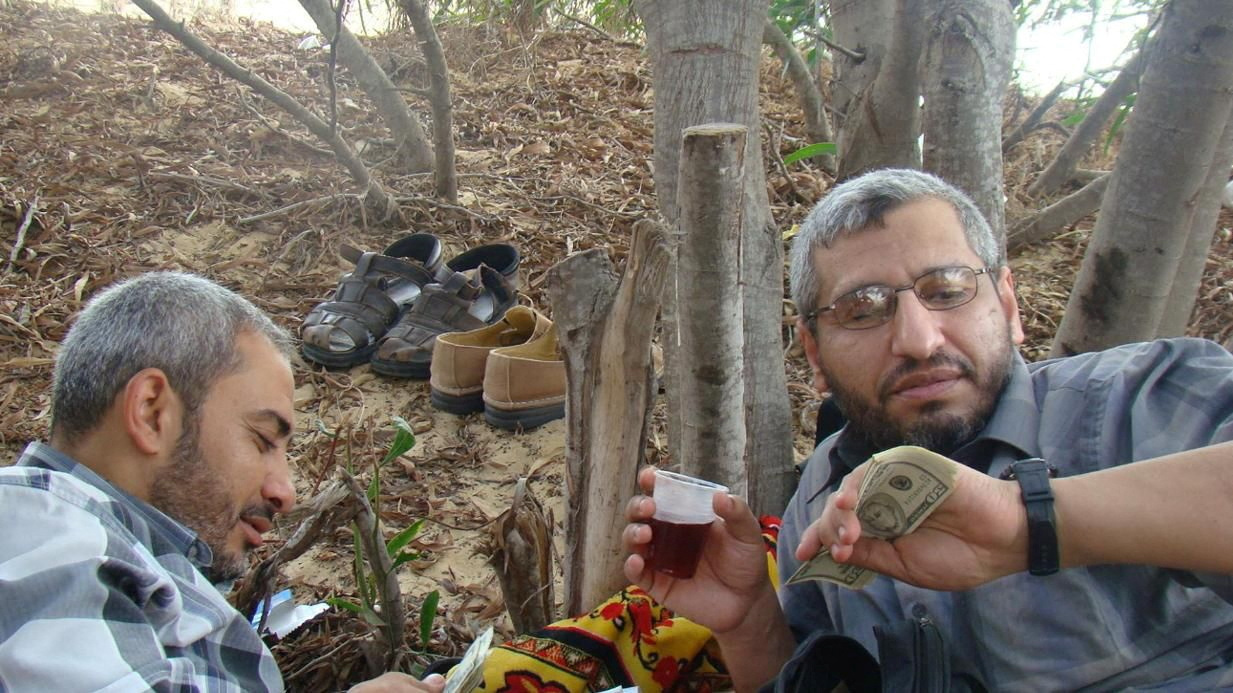Analyzing The Aftermath Of Congo's Cobalt Export Ban: Quota Plan And Market Outlook

Table of Contents
Congo's Cobalt Export Policy: Understanding the Quota System
The DRC's consideration of a cobalt export ban or, more likely, a quota system, stems from a desire to maximize the economic benefits derived from its vast cobalt reserves. The stated goals often include increasing domestic cobalt processing capacity, generating more revenue for the nation, and improving environmental protection within the mining sector. While the specifics of any proposed quota are still evolving, the general aim is to limit the raw cobalt exported, forcing greater value-addition within the country. This might involve setting a percentage of total cobalt production allowed for export, with potential exemptions for certain companies or projects.
Implementing and enforcing such a quota system presents substantial challenges. Corruption within the Congolese mining sector is a well-documented problem, potentially undermining attempts to fairly allocate export permits. Logistical hurdles, including inadequate infrastructure and customs procedures, could also hamper the effective implementation of any quota.
- Impact on Stakeholders: Miners could face reduced export opportunities, while processors in the DRC may see increased demand. Battery manufacturers globally could experience supply chain disruptions, leading to higher costs and potentially impacting the price of electric vehicles for consumers.
- Legal Framework: The legality and enforceability of the quota system, under both Congolese law and international trade agreements like those of the WTO, remain open questions. Any system must be carefully designed to avoid violating existing commitments.
- Potential Loopholes: The possibility of loopholes, such as underreporting or illegal exports, poses a significant risk to the effectiveness of the quota system. Robust monitoring and enforcement mechanisms are essential.
Impact on the Global Cobalt Market: Supply Chain Disruptions and Price Volatility
The DRC currently dominates global cobalt production, controlling a significant portion of the world's supply. An export ban or quota would undeniably create ripples throughout the global cobalt market. The short-term impact would likely be a sharp reduction in supply, potentially leading to cobalt shortages and significant price volatility. Prices could surge dramatically, impacting downstream industries reliant on stable and affordable cobalt supplies. Electric vehicle (EV) battery manufacturers are particularly vulnerable, as cobalt is a key component in many battery chemistries.
- Alternative Sources: While countries like Australia, Canada, and Zambia produce cobalt, they currently cannot fully compensate for the DRC's output. Diversifying cobalt sourcing will be crucial but requires significant investment and time.
- Cobalt Substitution: The search for alternative battery materials that minimize or eliminate cobalt dependence is intensifying. However, the technological and economic viability of these alternatives remains a subject of ongoing research.
- EV Battery Costs: Higher cobalt prices inevitably translate to higher costs for EV batteries, potentially impacting the affordability and market adoption of electric vehicles.
Economic and Geopolitical Implications of Congo's Cobalt Policy
For the DRC, the economic consequences of its cobalt policy are multifaceted. While increased domestic processing could lead to greater revenue and job creation, poorly managed policies could stifle economic growth and investment. The geopolitical ramifications are also significant. The DRC's actions will undoubtedly impact its relationships with key trading partners and international organizations.
- Artisanal Mining: Restrictions on exports could inadvertently incentivize illegal and unregulated artisanal cobalt mining, raising serious human rights and environmental concerns.
- International Pressure: International pressure and cooperation will play a critical role in shaping Congo's cobalt policy. Negotiations regarding responsible sourcing and sustainable practices will be paramount.
- New Trade Agreements: The policy could foster the creation of new trade agreements and partnerships aimed at ensuring responsible and sustainable cobalt production.
Future Outlook: Sustainable Cobalt Production and Market Strategies
The long-term success of Congo's cobalt policy hinges on the adoption of sustainable mining practices and environmental protection measures. Transparency and traceability throughout the cobalt supply chain are critical for addressing issues of human rights abuses and environmental damage.
- Certification Schemes: Certification schemes, such as those offered by the Responsible Minerals Initiative (RMI), can play a key role in ensuring that cobalt is sourced responsibly and ethically.
- R&D Investment: Investments in research and development for alternative battery technologies are essential to reduce reliance on cobalt and mitigate potential supply chain disruptions.
- Stakeholder Collaboration: Successful navigation of this complex issue requires ongoing collaboration among governments, mining companies, battery manufacturers, NGOs, and consumers.
Conclusion: The Future of Cobalt in the Aftermath of Congo's Export Ban
Congo's potential cobalt export ban or quota system presents both challenges and opportunities. The impact on the global cobalt market, particularly the electric vehicle industry, will be substantial. While increased domestic processing in the DRC could benefit the nation economically, the risk of supply chain disruptions, price volatility, and human rights concerns necessitates a carefully considered approach. Understanding the implications of Congo's cobalt export policy requires ongoing analysis. Further research into sustainable cobalt sourcing and responsible supply chain management is crucial for navigating this complex issue and ensuring a secure and ethical future for cobalt production.

Featured Posts
-
 Pley Off N Kh L Gol Ovechkina Ne Predotvratil Porazhenie Vashingtona
May 15, 2025
Pley Off N Kh L Gol Ovechkina Ne Predotvratil Porazhenie Vashingtona
May 15, 2025 -
 Whats Preventing The Top 10 Nba Teams From Winning
May 15, 2025
Whats Preventing The Top 10 Nba Teams From Winning
May 15, 2025 -
 Anthony Edwards Facing Backlash The Baby Mama Drama Unfolds
May 15, 2025
Anthony Edwards Facing Backlash The Baby Mama Drama Unfolds
May 15, 2025 -
 Gaza Airstrike Israel Targets Hamas Leader Mohammed Sinwar
May 15, 2025
Gaza Airstrike Israel Targets Hamas Leader Mohammed Sinwar
May 15, 2025 -
 The U S Nuclear Base Under Greenlands Ice A Decades Long Secret
May 15, 2025
The U S Nuclear Base Under Greenlands Ice A Decades Long Secret
May 15, 2025
